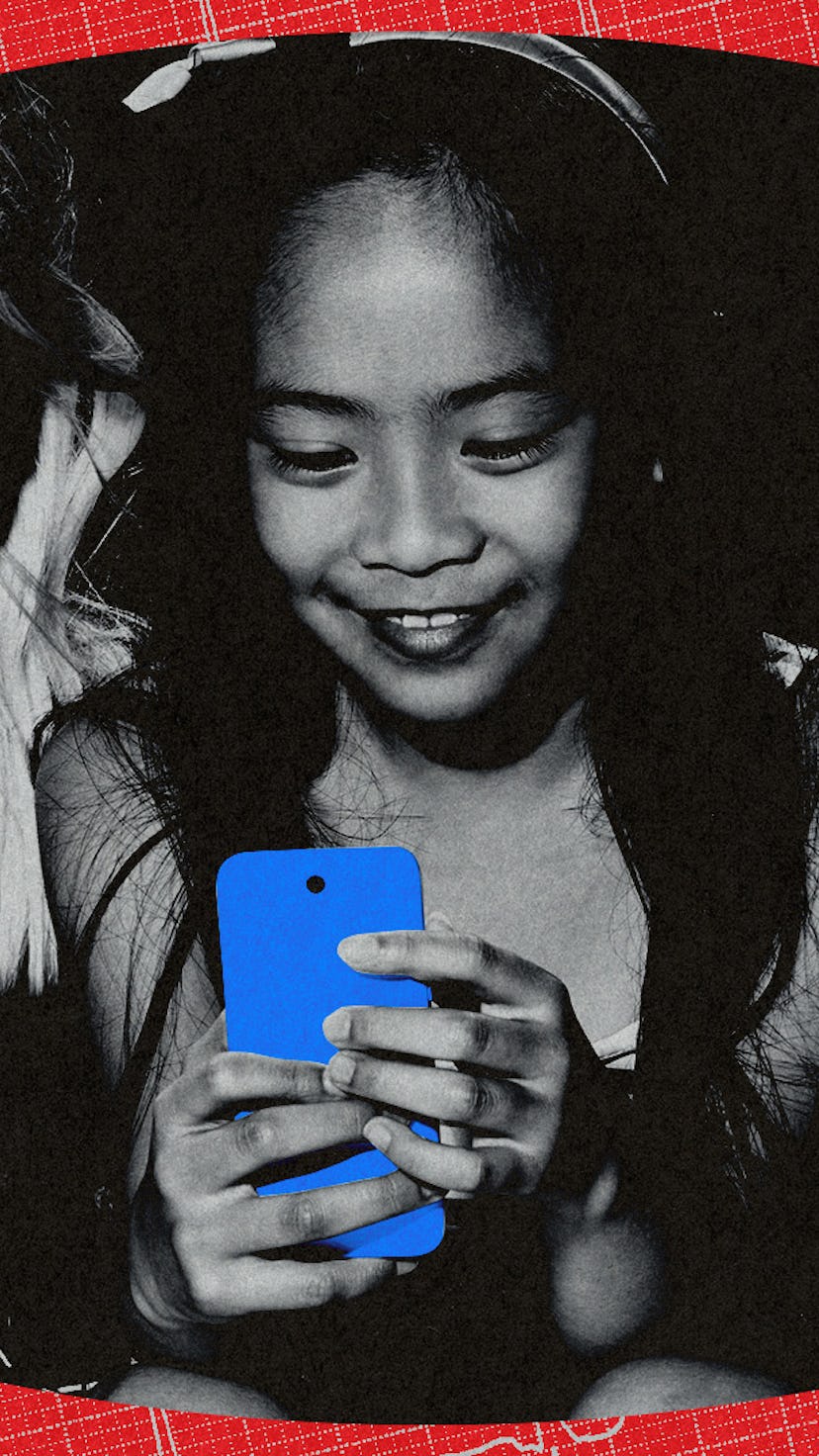Social Media Doesn't Make Kids Depressed, Study Shows
A new study contradicts previous research on youth mental illness and social media use. But there’s a good reason to believe this one is right.

Society is quick to say that social media makes people — especially young people — depressed. In the midst of a youth mental health crisis, when the second leading cause of death for children aged 10 to 14 is suicide and more than 2.7 million youth in the U.S. are living with severe depression, we all want to point our fingers at a culprit, and social media has been an easy fall guy. But a new study finds that we can’t actually blame Instagram and TikTok for our children’s declining mental health. Rather, social media is a red herring for issues that really increase the risk of children developing mental illnesses.
“The prevalence of anxiety and depression has increased. As has the use of social media. Many people therefore believe that there has to be a correlation,” Silje Steinsbekk, a professor at the Norwegian University of Science and Technology and first author of the study, said in a press release. But her research shows that this isn’t the case.
For the Trondheim Early Secure Study, researchers followed more than 800 children in Norway over a six-year period. They collected data from the kids every other year, from the age of 10 to 16. This, per Steinsbekk, allowed the team to follow the subjects as they transitioned from childhood to adolescence. The team identified symptoms of anxiety and depression through diagnostic interviews with both the children and their parents.
The results were clear: Increased social media use did not lead to a child having more depression and anxiety symptoms. Kids whose mental health declined didn’t take up more social media use either. This was true for boys and girls, no matter whether they were actively posting or mostly browsing on social media.
But what about other studies that have found a correlation between social media use and youth mental illness? It’s simple. The way those studies were designed means that their results aren’t as reliable.
“Mental health is often broadly defined in the studies and covers everything from self-esteem to depression. Data is often collected using questionnaires. It is unclear what has actually been measured and the focus has often been on frequency, i.e. how much time young people have spent on social media,” Steinsbekk said. “By following the same subjects over a number of years, recording symptoms of mental illness through in-depth interviews and examining various types of social media use, our study has enabled us to take a more detailed look and provide a more nuanced picture of the correlations.”
She added, “Young people’s use of social media is a topic that often creates strong emotions, and there is a lot of concern among both parents and professionals.”
That concern is still valid — the study doesn’t contradict that. Because even though it finds that social media doesn’t make kids anxious or depressed, that doesn’t mean it doesn’t hurt certain kids.
“That does not mean that they are not having negative experiences on social media, or feeling addicted or excluded,” she said. “Some may be particularly vulnerable and those are the ones we need to identify.”
So what should parents take away from the research?
Well, what it doesn’t mean is that you should let your kids have free reign on social media. For one, excess screen time is still a concern for obesity, sleep problems, behavioral problems and more, and engaging with social media necessitates staring at a screen. Additionally, social media may still have an effect on body image. And social media “shorts” like TikToks and Instagram Reels could still be addictive and shorten attention span.
So, keep your screen time rules, and maintain your reasons to be wary of your child using social media. But recognize that if you’re trying to protect your child’s mental health, limiting their time on Instagram isn’t enough to protect them. Focusing on other strategies, like making sure your children are getting enough sleep and exercise and that they’re eating a nutritious diet, will do much more for their mental wellbeing.
This article was originally published on